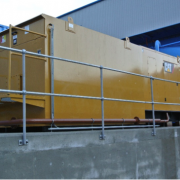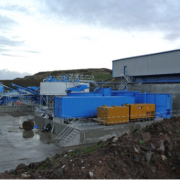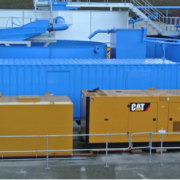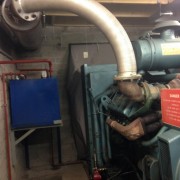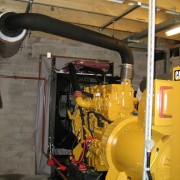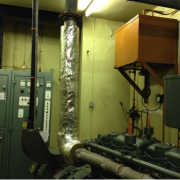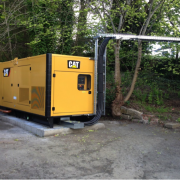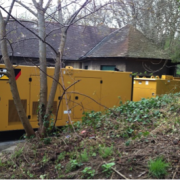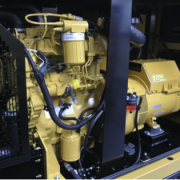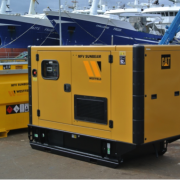Government mandates have been put in place to ease the environmental burden of diesel. This means that the levels of sulphur content in diesel have been decreased and therefore the ability to store diesel for long periods of time and it to still function well is lost.
Changes in Diesel
Due to the processes used to subtract sulphur from diesel, the fuel loses some efficiency. Therefore additives have been included by refiners (which can be lubricants or biodiesel itself) that make it easier for the fuel to absorb water.
Fuel Bugs
There are up to twenty-seven types of bacteria that are responsible for issues in diesel engines and their performance. These bacteria can create a film on steel surfaces leading to premature corrosion on a small area of the metal.
These diesel bugs can be introduced into a tank when filling up. The bacteria cover themselves in a slime which disallows biocides to harm them and this way they can stay dormant in the small corners of metal or coatings in fuel tanks or systems until there is water present. Then when moisture is added, they are able to reproduce rapidly and become a visible layer of single-celled organisms.
Different organisms have their own characteristics and growth methods:
Bacteria cells reproduce asexually using hydrocarbons and swell as they feed. Then they split into two cells and therefore are able to double in numbers every twenty minutes.
Sulphate Reducing Bacteria use simple carbon rather than hydrocarbons. They reduce sulphates even more in the fuel and make the lethal gas hydrogen sulphide. They change the pH of a steel surface to one that is more acidic and this increases the rate of corrosion. They are difficult to eradicate and make a ‘sludgy’ substance with a strong smell of rotten eggs.
Iron Reducing Bacteria can also contribute to corrosion prematurely in engine systems and fuel tanks.
Yeast is natural to acidic surroundings, they stay attached to the parent cell and separate after a long while meaning the full cycle of reproduction takes hours.
Fungus grows in a mat on the surface of the fuel or water in a branched formation.
Effects on Your Generator
These bugs and a higher level of water in generators can block fuel filters and mean they do not start up in an emergency situation as expected and therefore can have knock on effects for your building or company.
Prevention and Cure
These issues can be prevented by draining water from the system regularly, keeping fuel reserves as full as possible and sampling the fuel regularly to check for bacteria. If one of these bacteria do begin to reproduce then a clean out with our fuel polishing machine would be required.
Contact us for more information and prices.

